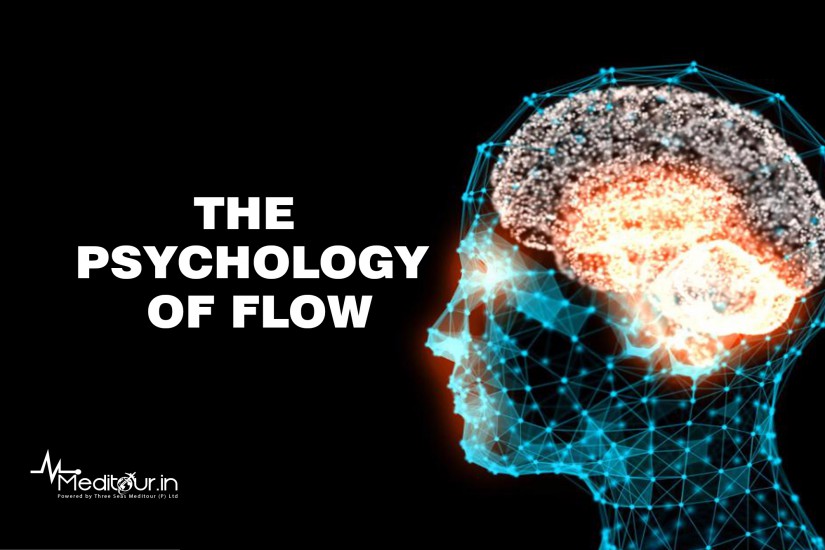Pulse Oximeter: Essential Things to Know
July 19,2021

Flow is a terminology that comes up in almost all discussions about mindfulness and mental health. According to experts, flow is a state of mind or specifically the default state of mind where all the energy in the mind is focused towards a single event. We all have those moments in life when we are completely immersed in an activity, unaffected by the outer world. It could be when we are reading a book, playing a musical instrument, drawing a picture or solving a math puzzle.
What is the importance of flow? How is it related to mental health?
What you are experiencing at the moment is flow. In a flow state, the mind devotes all its attention undivided to the task at hand. Some can experience it through a sports activity. For some it could be singing or dancing or even during a workout. Regardless, a flow is when a mind experiences the peak of peace or the closest to what we call `happiness’. Flow is associated with clarity, a sense of satisfaction, strong concentration and a weakening of self-consciousness. Self-consciousness or ego as the spiritual world calls it is responsible for negative perceptions which lead to misery. The state of flow rewards us with a lack of perception or judgement, which means a break from all feelings or worry, fear, shame or regret.
HOW TO ACHIEVE FLOW
Flow occurs when we are passionate about the task at hand. A peak of mindfulness can be achieved if we devote the same passion to everything we do. Even the simple task as brushing our teeth can be a source of flow. Persistent flow state leads to learning and skill development. It increases our productivity, sharpens our awareness and boosts our communication and problem solving skills. There are a few habits that can develop a good waking flow state.
Meditation
Avoiding mass medias and smartphones
Avoid multitasking
Regular sleep
Conscious decision to focus on the current activity
An intrinsic enthusiasm to the current activity
Flow also has something to do with the perception we attach to the activity. If the challenge is bigger than our perception of skill, it becomes harder and unachievable. If the challenge is smaller than our perception of skill, it becomes boring. The flow is the balance between the two which makes us focus better with a feeling of achievement.